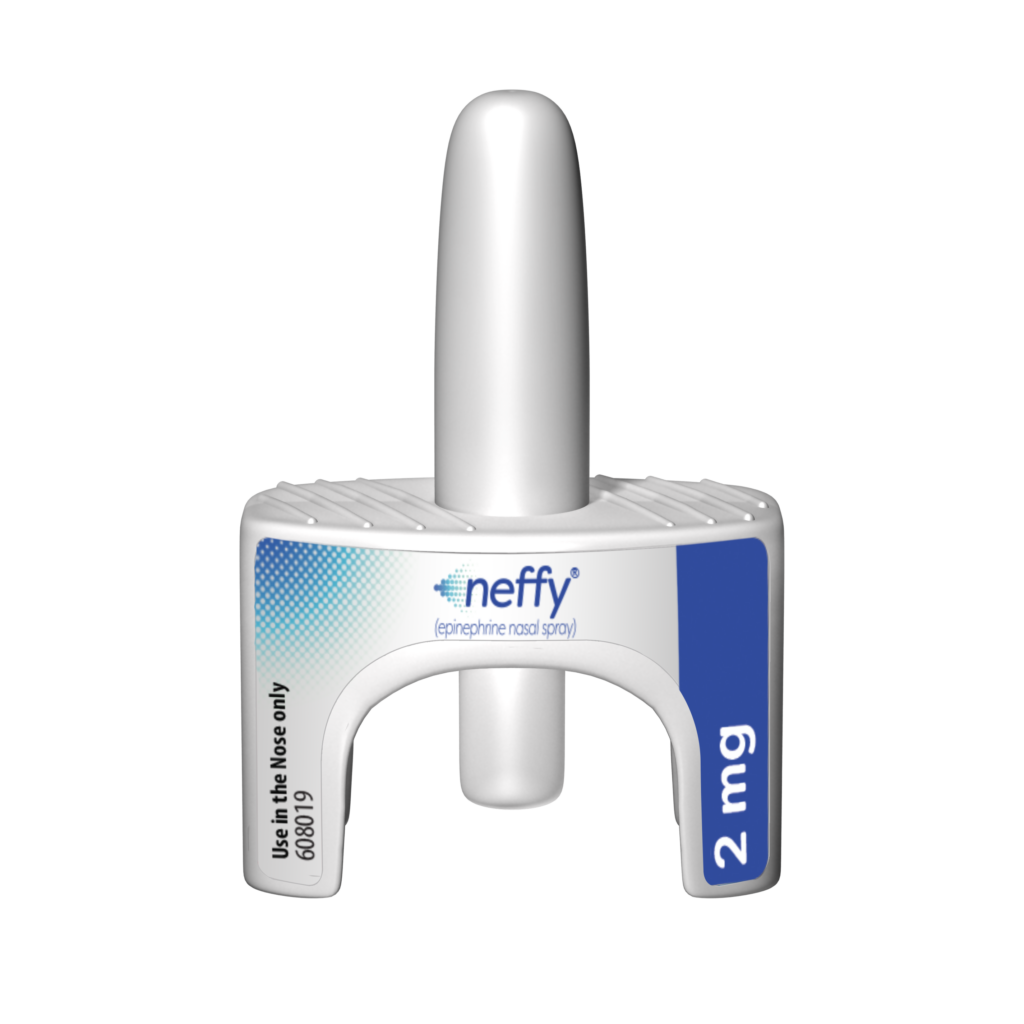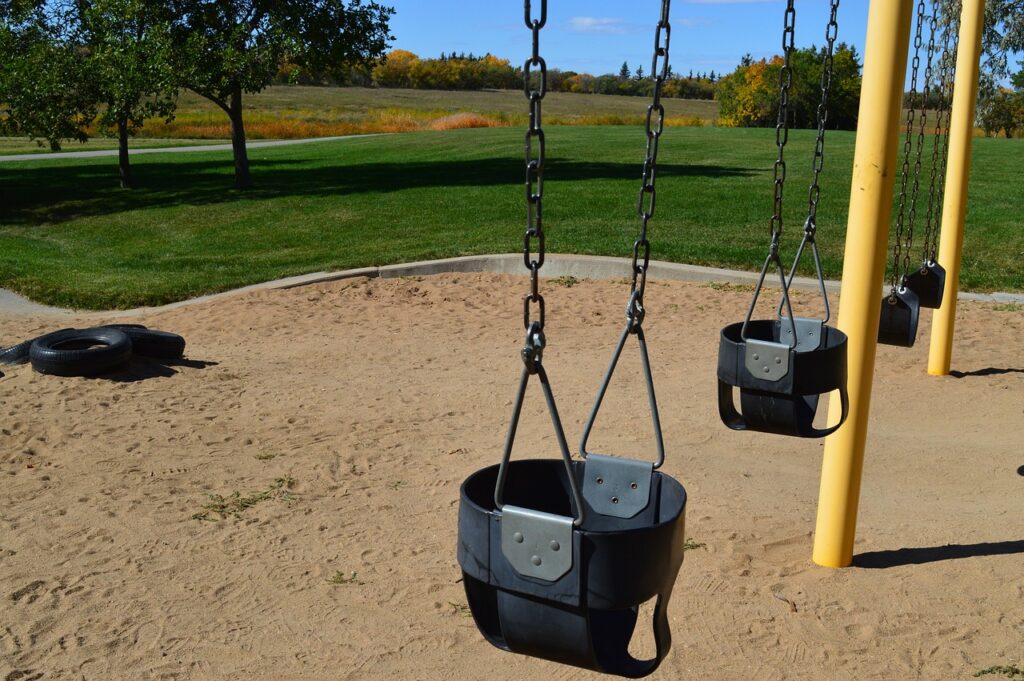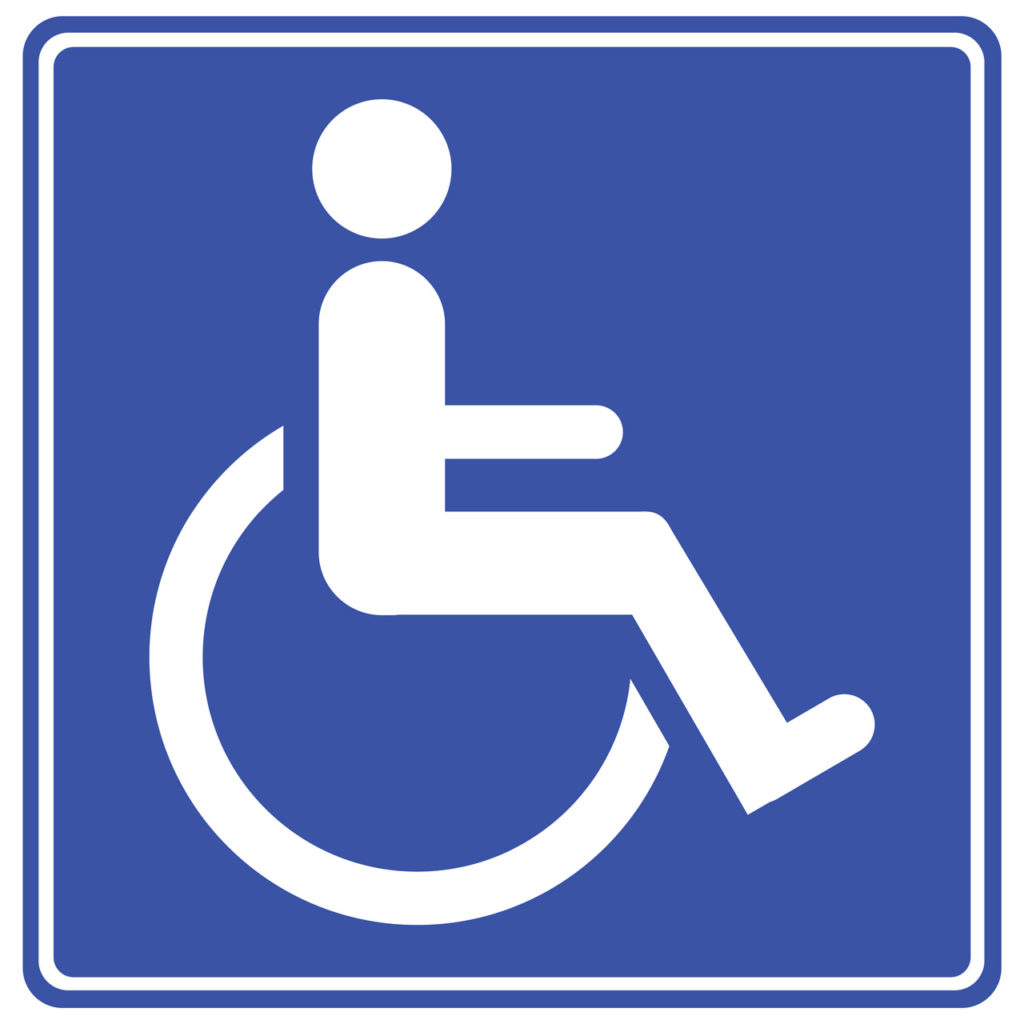A New Treatment for Severe Allergic Reactions — Without the Needle
A nasal spray can tamp down potentially fatal reactions, a boon to the many patients in crisis who fear using EpiPens.

… The device, Neffy, administers epinephrine, the drug in the EpiPen, through a nasal spray rather than a needle…the company intended to cap out-of-pocket costs for two single-use nasal sprays, one prescription’s worth, at $25 for most people with commercial insurance and $199 for people with high-deductible plans or no insurance. NYT.
US Fertility Rate Dropped to Record Low in 2023, CDC Data Shows
Women in the United States are having babies less often, and the fertility rate reached a record low in 2023, according to data from the US Centers for Disease Control and Prevention. In 2023, the US fertility rate fell another 3% from the year before, to a historic low of about 55 births for every 1,000 females ages 15 to 44, according to final data published Tuesday by the CDC’s National Center for Health Statistics. Just under 3.6 million babies were born last year, about 68,000 fewer than the year before. CNN.

More Pregnant Women Are Going Without Prenatal Care, CDC Finds
The number of women going through pregnancy without prenatal care is growing — even though the overall number of babies born in the U.S. is falling, according to a new report from the Centers for Disease Control and Prevention. The lopsided trend, published Tuesday by the CDC’s National Center for Health Statistics, may reflect, in part, a growing number of women unable to access OB/GYN care after the U.S. Supreme Court overturned Roe v. Wade in 2022. NBC.
COVID-Related Loss of Smell Tied to Changes in The Brain
A new study of 73 adults recovering from COVID-19 finds that those who lost their sense of smell showed behavioral, functional, and structural brain changes. The results were published late last week in Scientific Reports. CIDRAP.
Mpox is not the new COVID, says WHO official
…Health authorities need to be on alert and flexible in case there are new, more transmissible clades or ones that change their transmission route, but there are no recommendations for people to wear masks, said WHO spokesperson Tarik Jasarevic. Reuters.
Hospitals’ Medicare Advantage Peril Grows: S&P
Hospitals are in an increasingly vulnerable position as Medicare Advantage enrollment surges and the federal government looks to take a harder line on health plans, S&P Global warns in a new report. Financial pressures have already prompted providers like Scripps Health to terminate contracts with MA plans, leaving patients looking for new coverage arrangements or doctors. Axios.

The Back-To-School Hunt for Adderall Is On
For a third year, back-to-school preparations will include a scramble to find popular drugs used to treat attention deficit hyperactivity disorder. Despite signs from the Food and Drug Administration that manufacturers were catching up to outsized demand, the stimulants remain hard to track down with pharmacies out of stock and the Drug Enforcement Administration taking a harder line policing them. Axios.
A New Alzheimer’s Study Suggests Where You Live Can Affect the Odds of A Diagnosis
Researchers at the University of Michigan and Dartmouth College found that diagnosis rates vastly differ across the country and those different rates could not simply be explained by dementia risk factors, like if an area has more cases of hypertension, obesity and diabetes. The reasons behind the disparity aren’t clear, but researchers speculate that stigma as well as access to primary care or behavioral neurological specialists may impact the odds of getting a formal diagnosis. NPR.
People With Disabilities Struggle To Find Reliable Transportation, Data Shows

Jennifer Walton heads up the Disability Leadership Program, ACT. … She says the situation is dire and federal data shared by the Department of Transportation backs it up. It says people with disabilities are less likely to travel, less likely to be employed and less likely to leave the house Whether it’s unreliable rides, a lack of sensitivity training or a lack of drivers, Walton says transportation is unreliable for people with disabilities. CBS.


